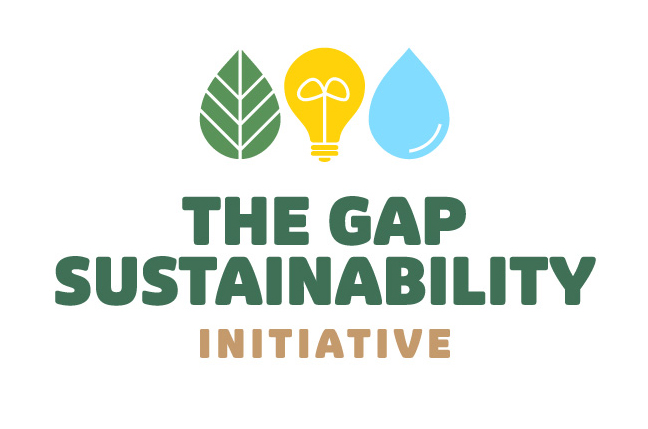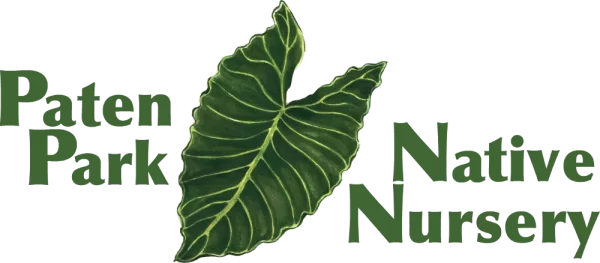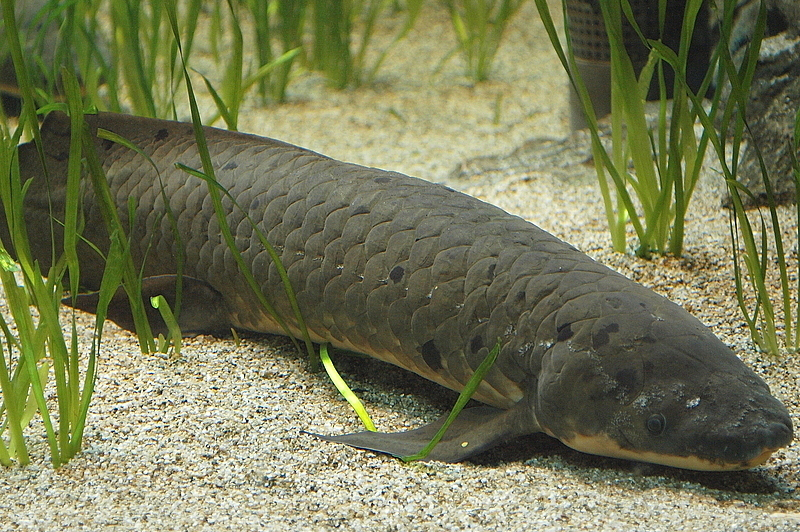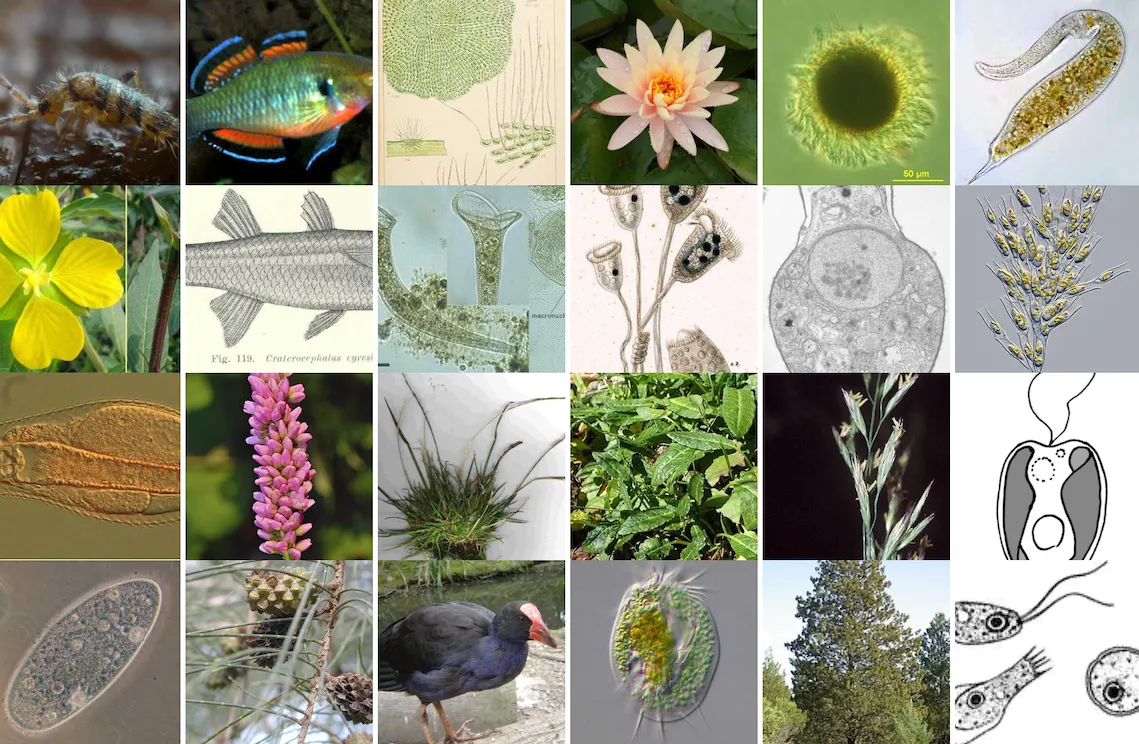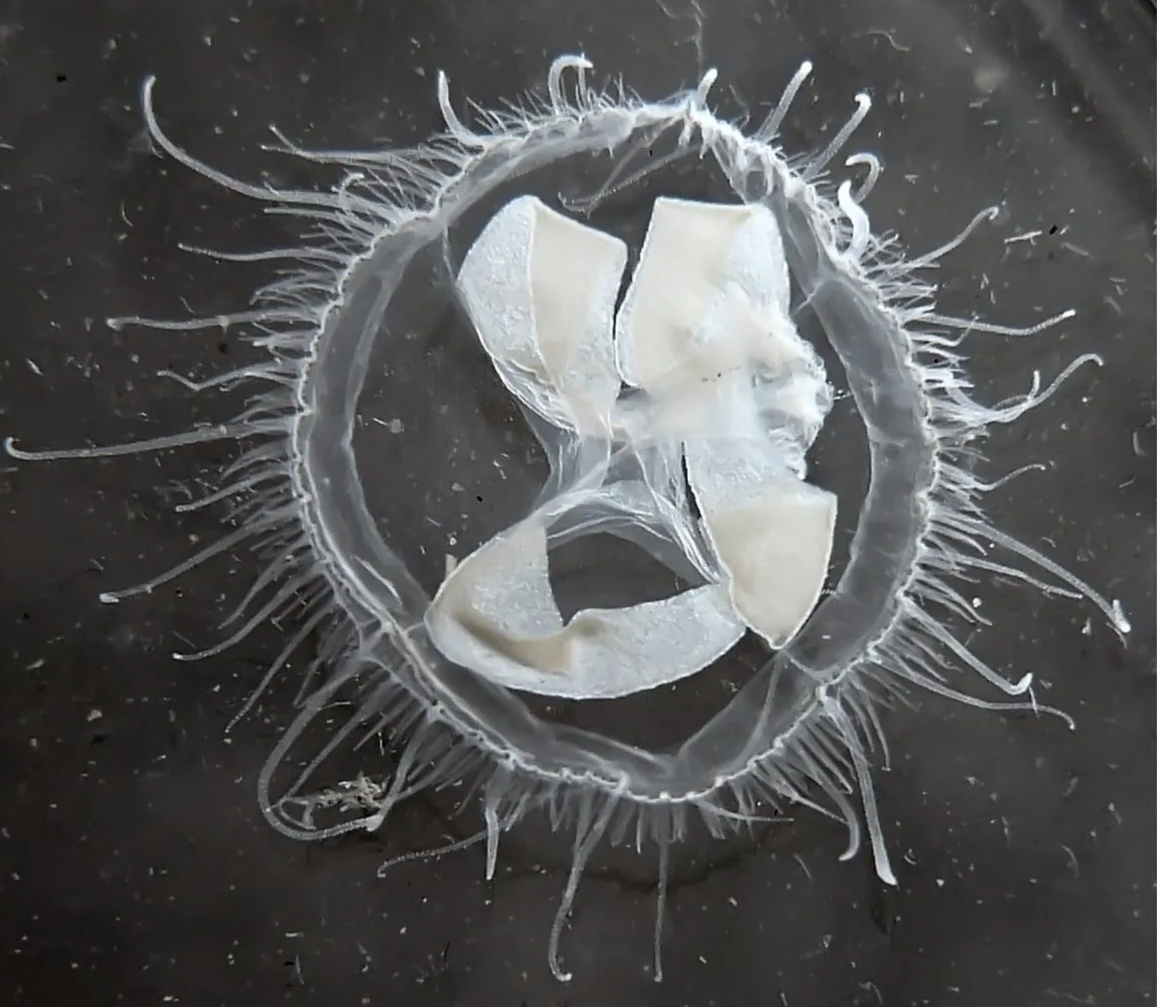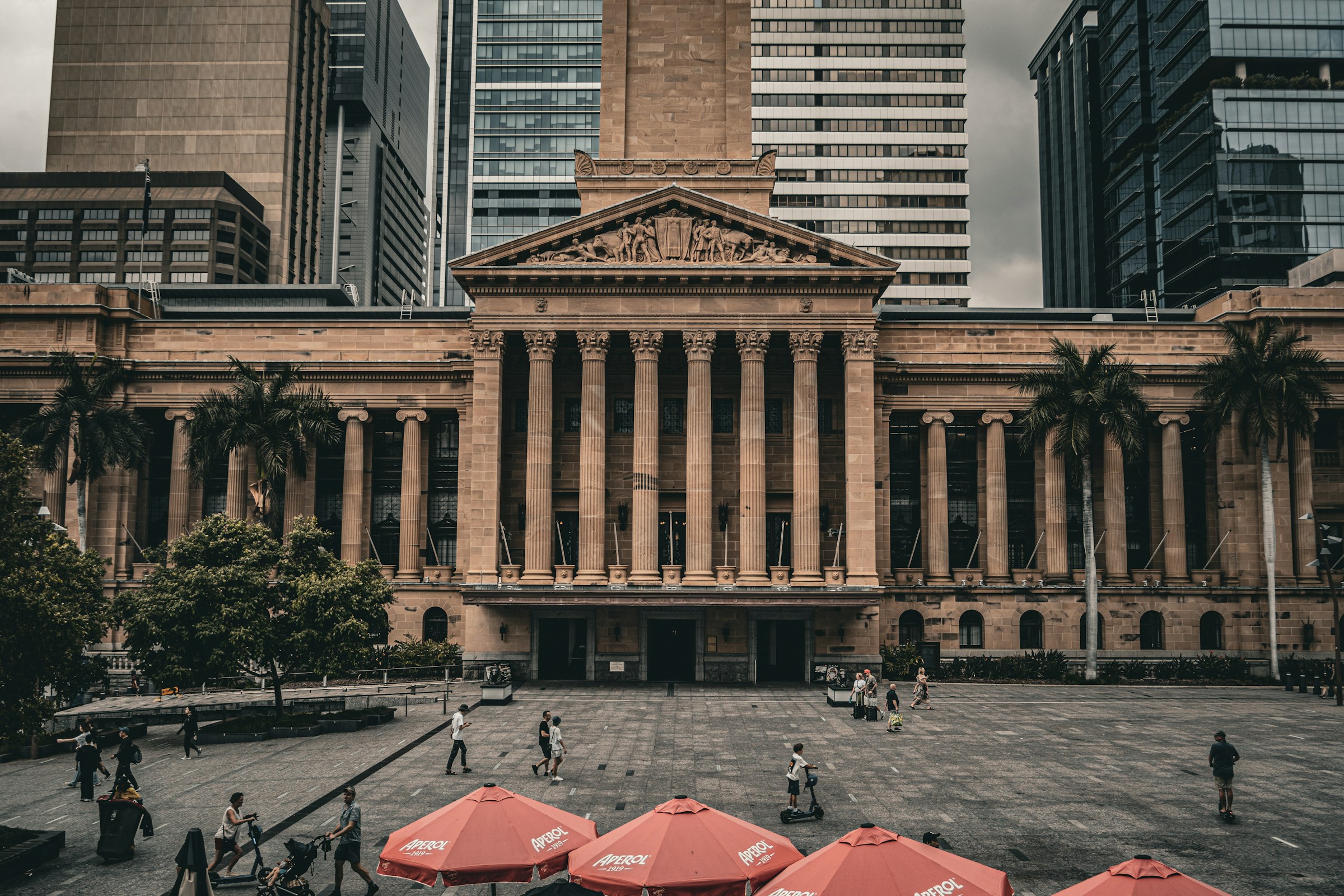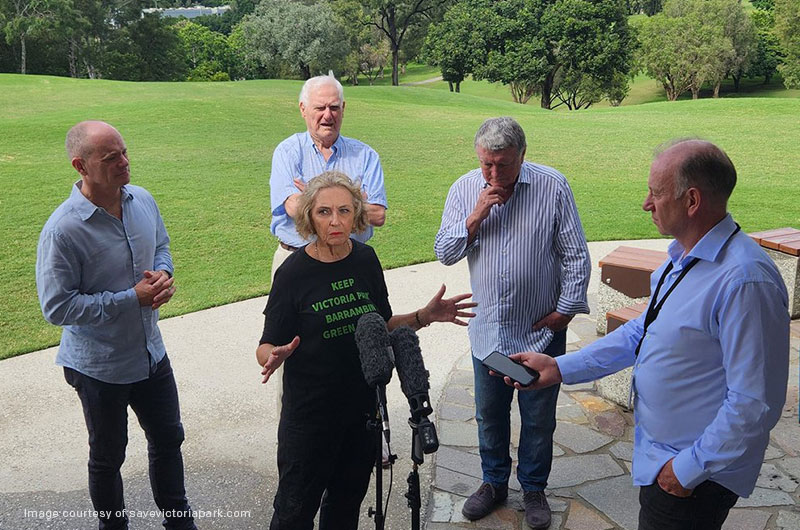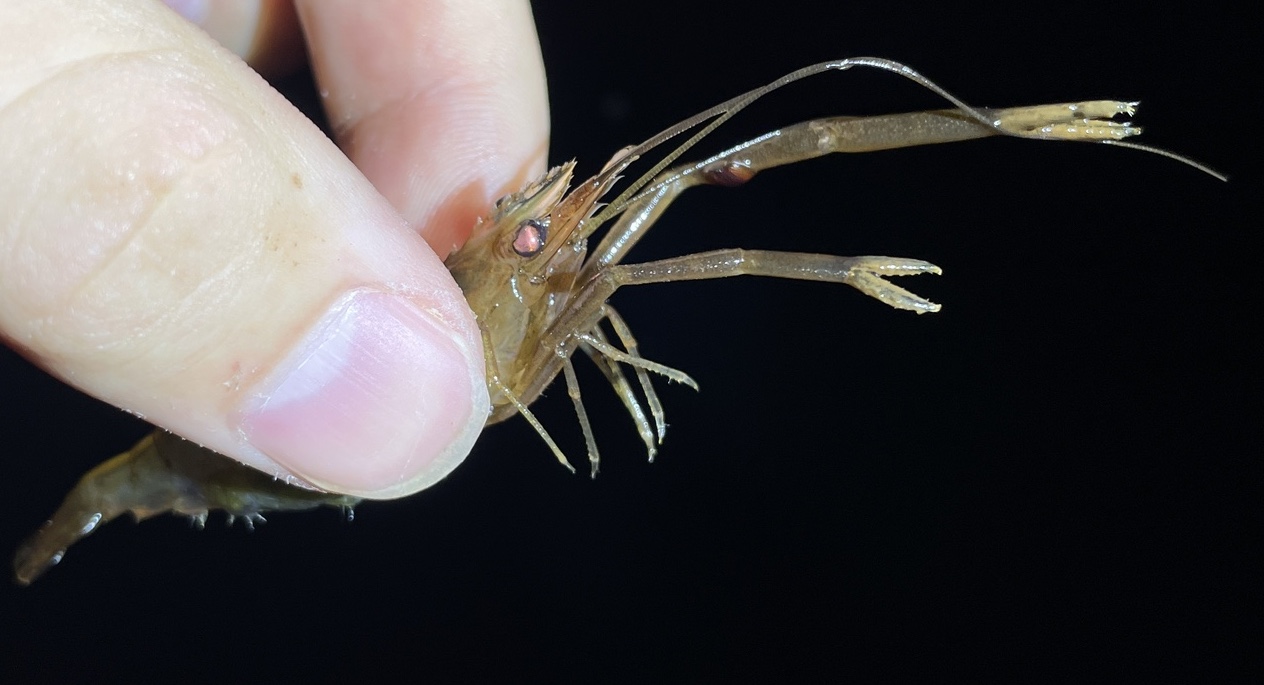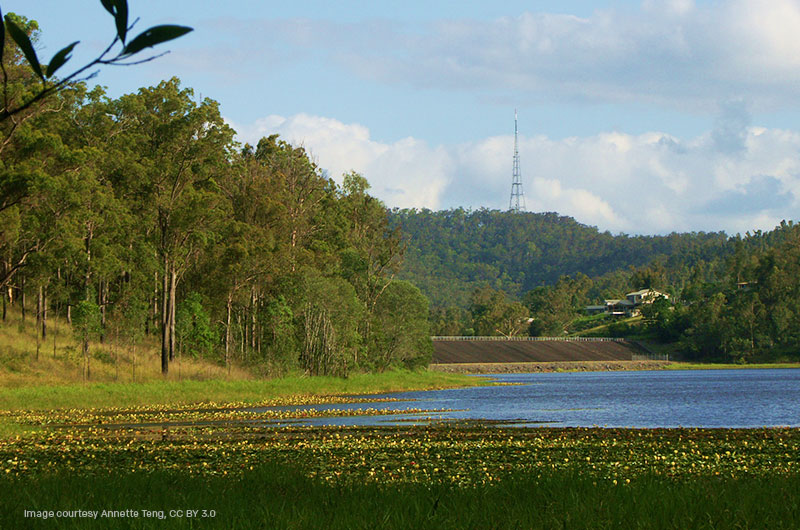Community,
Conservation,
Sustainability
The Gap Sustainability Initiative is a charitable, volunteer-led community organisation. We work in partnership with other local groups, residents, schools, businesses, and governmental stakeholders to promote sustainable living practices and a positive ecological environment.
We run free bi-monthly educational seminars in The Gap, engage with local schools to facilitate their sustainability journey, and champion three main projects:
We collaborate with all public servants without prejudice or preference to a political party.
Current Projects
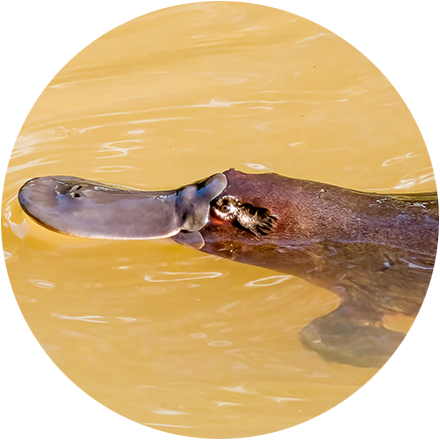
The Platypus
Project
The Platypus once called The Gap home. Can we bring it back and what would it take? Join us in our quest to make The Gap habitable for the Platypus once again.
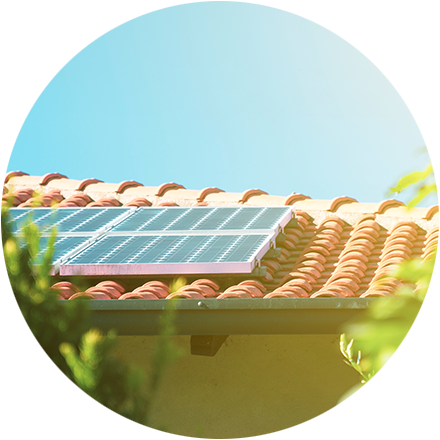
Community
Energy
Energy is essential for our quality of life. What role could our community play in generating and securing access to environmentally safe and affordable energy for all residents?
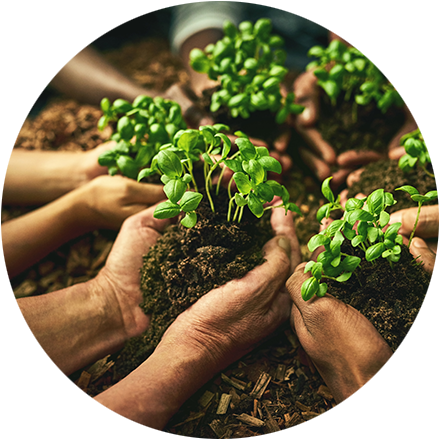
Sustainability
Together
The Gap is home to many community groups and initiatives. Can we coordinate efforts and resources to make sustainable living accessible and convenient for all residents?
Upcoming
Events
Events
-
-

Street Tree TLC
The Gap Contact organiser for address, The Gap, QLD, AustraliaJoin us to provide the street trees lining our neighbourhood with tender loving care. We meet at 7.30am and usually finish by 9am. Please bring a shovel or small pick […]
Free -

Volunteering with Paten Park Native Nursery
Paten Park Native Nursery 57 Paten Road, THE GAP, QLD, AustraliaVolunteering can be done any day and time during the nursery opening hours. Please email or phone the nursery directly to organise your first time. Paten Park Native Nursery is […]
Free -
-

Taylor Range Biodiversity Monthly Land Care Group
Taylor Range Club 28 Greenlanes Rd, Ashgrove, QLD, AustraliaCome along and be part of Taylor Range Club monthly Biodiversity Working Group. Join the first Sunday of each month from 7.30am to 9.30am. Help protect the current and future […]
Free
What YOU can do to help
Become
a Member
Volunteer
Take Action
at Home
Donate
Collect
Containers
Become a Member
Volunteer
Take Action at Home
Donate
Collect Containers
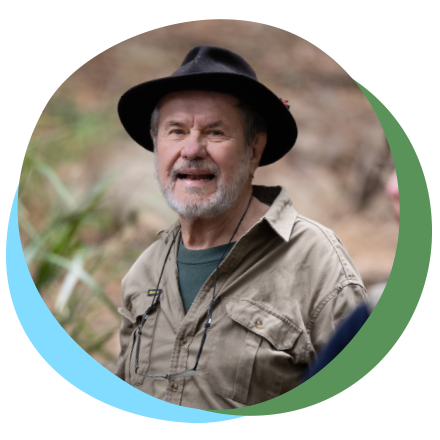
Drop us
a Line
Get in touch with us here. We love to help.

Our Latest News
Educational
Seminars
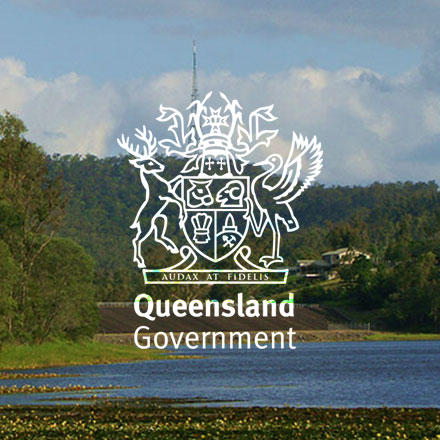
Mr Hamish Butler and Mr Brian Latham– January 2024
Moreton Water Plan Consultation
Attendees were informed that the Water Act 2000 and Water Regulation 2016 currently serve as the guiding water legislations for public servants. The existing Moreton water plan, last updated in 2007, is now due for revision, with the public consultation process unfolding in two phases: the current phase and another in approximately 12 months when the draft plan will be open for review again. Please see our January newsletter for more information.
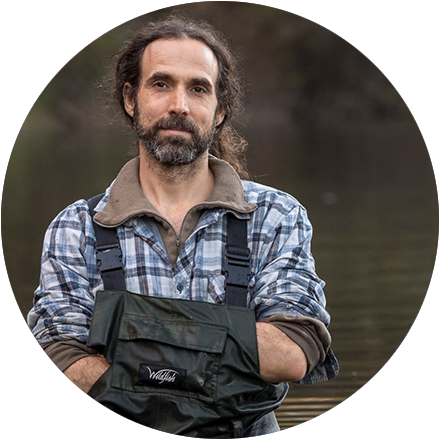
Dr Gilad Bino– October 2023
Creek condition and native fish in Enoggera Creek
Gilad shared with us the five-step plan that was followed to reintroduce Platypus successfully into Royal National Park in NSW. Partnerships, community engagement, and scientific knowledge were all critical to make
sure the habitat was suitable and the Platypus would thrive.
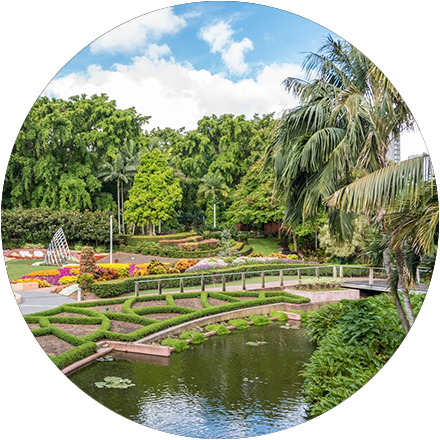
Mr Leo Lee– August 2023
Creek condition and native fish in Enoggera Creek
Mr. Lee highlighted the gradual decline in Enoggera Creek’s well-being during the past decade. While the planting along the creek’s edges has improved shelter for wildlife, the waterway itself and its inhabitants face significant challenges—excessive runoff of fertilizers, chemicals, and microplastics. The discussion revolved around identifying and implementing measures to restore the creek’s health.


